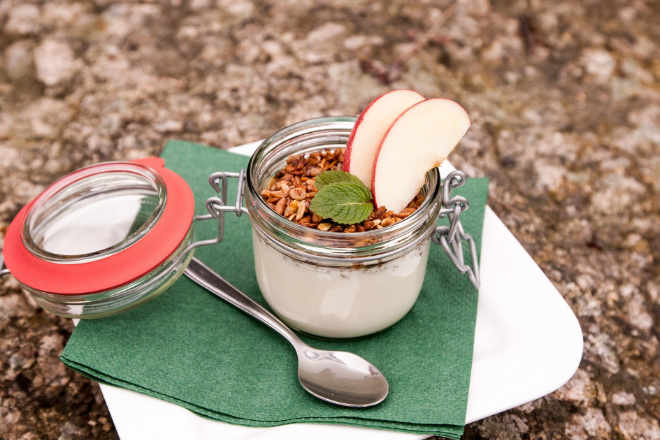Combatting Chronic Inflammation through Diet: A Nutritional Approach
In the world of health and nutrition, inflammation is a popular buzzword. But what exactly is inflammation? In simple terms, it's the body's natural response to infection or injury. However, when this inflammation becomes chronic, it can lead to serious health problems such as heart disease, diabetes, and even cancer. While medication can help manage these conditions, a major aspect of controlling chronic inflammation lies in one's diet. This article will delve into the significance of diet in managing chronic inflammation, trends in anti-inflammatory diets, their impact, and unique insights on this topic.

Understanding Chronic Inflammation and Its Health Implications
The immune system triggers inflammation to protect the body from foreign invaders like bacteria and viruses. However, in chronic inflammation, this response persists even when there’s no apparent threat. This ongoing inflammation can damage healthy cells and tissues, leading to chronic diseases. For instance, chronic inflammation is a common denominator in conditions like rheumatoid arthritis, inflammatory bowel disease, and cardiovascular ailments.
Historically, doctors and dietitians have understood the link between chronic inflammation and diet but it is only in the past few decades that this knowledge has become mainstream. Today, an increasing number of people are turning to dietary modifications to control inflammation and improve overall health.
Anti-Inflammatory Diets: A Rising Trend
One of the major trends in the nutrition world is the rise of anti-inflammatory diets. These diets focus on consuming foods that are rich in antioxidants and omega-3 fatty acids, key nutrients known to fight inflammation.
Key components of an anti-inflammatory diet include fruits, vegetables, whole grains, lean proteins, and healthy fats. Foods like berries, fatty fish, olive oil, and leafy green vegetables are particularly renowned for their anti-inflammatory properties. Conversely, these diets recommend limiting the intake of processed foods, red meat, and foods high in sugar and saturated fats, which are known to trigger inflammation.
The Impact of Anti-Inflammatory Diets
A shift towards an anti-inflammatory diet can bring about noticeable changes in one’s health. Regular consumption of anti-inflammatory foods has been linked to lower risk of chronic diseases. For instance, research has found that people who follow a Mediterranean diet — rich in fruits, vegetables, whole grains, and healthy fats — are less likely to develop heart disease. This diet is also associated with lower blood pressure, improved cholesterol levels, and better overall health.
Moreover, these diets can also enhance mood and cognitive function. Certain anti-inflammatory foods are rich in nutrients that promote brain health, such as omega-3 fatty acids and antioxidants. As a result, a diet rich in these nutrients can help improve memory and cognitive performance, and may even reduce the risk of Alzheimer’s disease.
Reception to the Anti-Inflammatory Diet
The reception to anti-inflammatory diets has been broadly positive. Many people have reported improvements in their health after adopting this dietary approach. Health professionals, too, endorse these diets for their potential to reduce the risk of chronic diseases.
However, it’s important to note that an anti-inflammatory diet isn’t a cure-all. It’s one part of a holistic approach to health that should also include regular exercise, sufficient sleep, and stress management. Moreover, individuals with specific dietary needs or medical conditions should consult a healthcare professional before making significant dietary changes.
Unique Insights: The Role of the Gut Microbiome
An emerging area of research in the field of nutrition and inflammation is the gut microbiome — the community of microorganisms living in our intestines. There’s growing evidence that a healthy gut microbiome can play a significant role in controlling inflammation.
A diet rich in diverse plant foods can help nurture a diverse gut microbiome, which in turn can keep inflammation in check. Conversely, a diet high in processed foods and low in fiber can disrupt the gut microbiome, leading to increased inflammation. This highlights the importance of diet not just in providing anti-inflammatory nutrients, but also in supporting gut health to control inflammation.
Conclusion
Managing chronic inflammation is critical for maintaining good health and preventing disease. While medication plays a role, diet is a vital component in this process. By adopting an anti-inflammatory diet rich in fruits, vegetables, whole grains, and healthy fats, individuals can take a proactive approach to manage chronic inflammation. Moreover, as research continues to evolve, the role of diet in supporting a healthy gut microbiome presents exciting new possibilities in the fight against inflammation. As with any dietary changes, it’s important to consult with a healthcare professional to ensure it aligns with individual health needs and goals.




